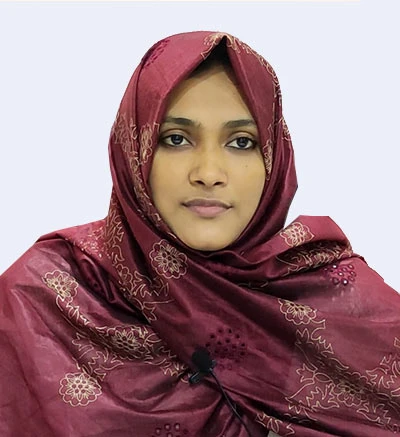select department
Fibromyalgia is a condition where one can experience pain in the whole body, especially in the mornings, and have difficulty moving and working. It's basically widespread muscle pain and tenderness. The most common symptoms are that people may experience abdominal, back, or neck pain, fatigue, tiredness, or malaise.
There's joint pain, muscle stiffness, headaches, poor sleep, anxiety, and depression. A multi-disciplinary pain management system should be considered to control the condition. Pain can come from any physical activity, an injury, or after surgery.
Complex Regional Pain Syndrome (CRPS) is a kind of persistent pain that often develops in the limbs. Injury, surgery, a stroke, or a heart attack are common triggers for its occurrence. The level of suffering was far greater than that prompted by the initial impairment. Early detection improves the likelihood of receiving beneficial results from medical treatment.
This condition can be hard to understand even by a professional, so it's often misdiagnosed as the symptoms mimic those of other conditions.
The symptoms include pain in the arm, leg, hand, or foot. Sensitivity to touch or cold. Swelling in the painful area, changes in skin temperature, sometimes sweaty and sometimes cold, changes in skin tone and texture, changes in hair and nail growth, joint stiffness, swelling and damage, muscle spasms, and decreased ability to move the affected body part. Certain symptoms may evolve over time and differ from person to person.
People experience CRPS in two classifications, exhibiting similar signs and symptoms but with different causes.
Type 1:
Often called reflex sympathetic dystrophy (RSD), it arises when an accident or sickness does not cause direct nerve damage to the afflicted limb. Type 1 CRPS accounts for over 90% of cases in people.
Type 2:
This kind, formerly known as causalgia, has signs comparable to those with type 1. However, CRPS type 2 develops after specific nerve damage.
In many people, CRPS develops after they've suffered a severe blow to the arm or leg. Among them are fractures and crushing injuries.
CRPS may be triggered by both big and little traumas, including operations, heart attacks, infections, and even sprained ankles.
Pain Medications include antidepressants, nerve pain medications, muscle relaxants, local anesthetics, and narcotics; therapies like rehabilitation and physiotherapy are required to keep the painful limb or body part moving, improving the blood flow, lessening circulating symptoms, and maintaining flexibility and strength.
A few tests are available, such as sympatholytic nerve block, done with the help of an ultrasound and X-ray, which helps find the cause of pain in the body. In this test, medicine is injected near the spine, which blocks the sympathetic nerve in that area. The sympathetic nervous system is a network of nerves all over the body. If people have received a block in the stellate ganglion, they may experience some temporary voice changes, eyelid droop, or difficulty swallowing.
Fibromyalgia may cause central sensitization; another name is central pain syndrome. It's treated by three methods:
Diagnostic injections determine what part of the body is causing pain. It's a steroid medication injected into a specific nerve root. If the injection reduces symptoms, the pain source is identified.
Targeted drug delivery is a modern method of delivering Pain Medicines to patients by increasing the concentration of delivered drugs in the targeted body, such as organs, tissues, or cells, by swallowing, inhaling, absorption through the skin, or injecting.
Palliative procedures are targeted to make a patient's symptoms less severe and their quality of life better. It manages a serious medical condition by easing pain and other associated physical, emotional, or psychological symptoms.
- Dr. Najwa PT
Dr. Najwa PT

OP Timing: 10 AM to 2 PM (MON to FRI)
